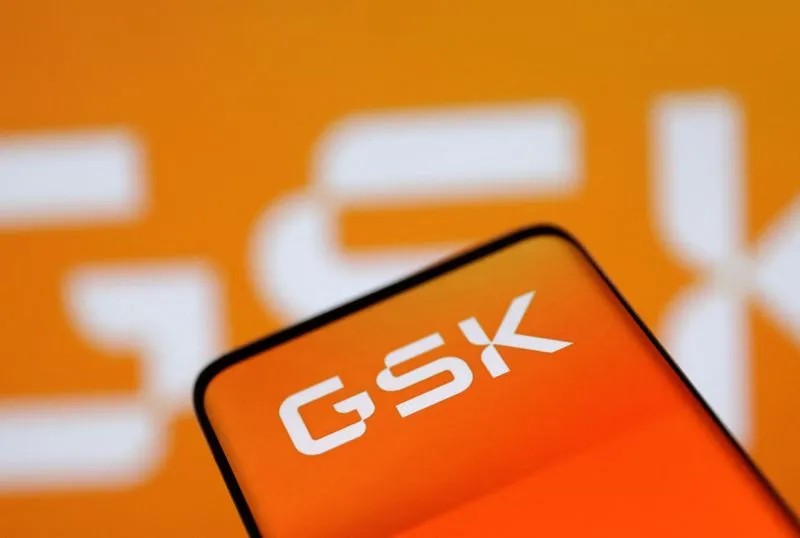GSK's Experimental HSV Vaccine Failures Highlight Challenges in Vaccine Development

Understanding GSK’s Experimental HSV Vaccine Trial
On Wednesday, British drugmaker GSK reported significant news regarding its experimental herpes simplex virus (HSV) vaccine candidate. In a vital mid-stage trial aimed at assessing the efficacy of the vaccine, the results indicated a failure to meet the primary objective.
Implications of the Trial Results
This outcome is particularly concerning, as GSK’s HSV vaccine had garnered attention for its potential in combatting herpes simplex virus infections. Vaccine candidates are often subject to a rigorous evaluation process, and the inability to progress to late-stage trials could potentially stall future advancements in the field of HSV vaccine development.
The announcement highlights the challenges often faced during clinical trials, where multiple factors can impede the effectiveness of a vaccine. As GSK navigates its next steps, the company’s decision not to move forward with this particular vaccine candidate underscores the need for continued research and innovation in combating viral infections.
- The vaccine trial was aimed at determining effectiveness.
- Results did not meet pre-established goals.
- Future of HSV vaccine research remains uncertain.
This article was prepared using information from open sources in accordance with the principles of Ethical Policy. The editorial team is not responsible for absolute accuracy, as it relies on data from the sources referenced.